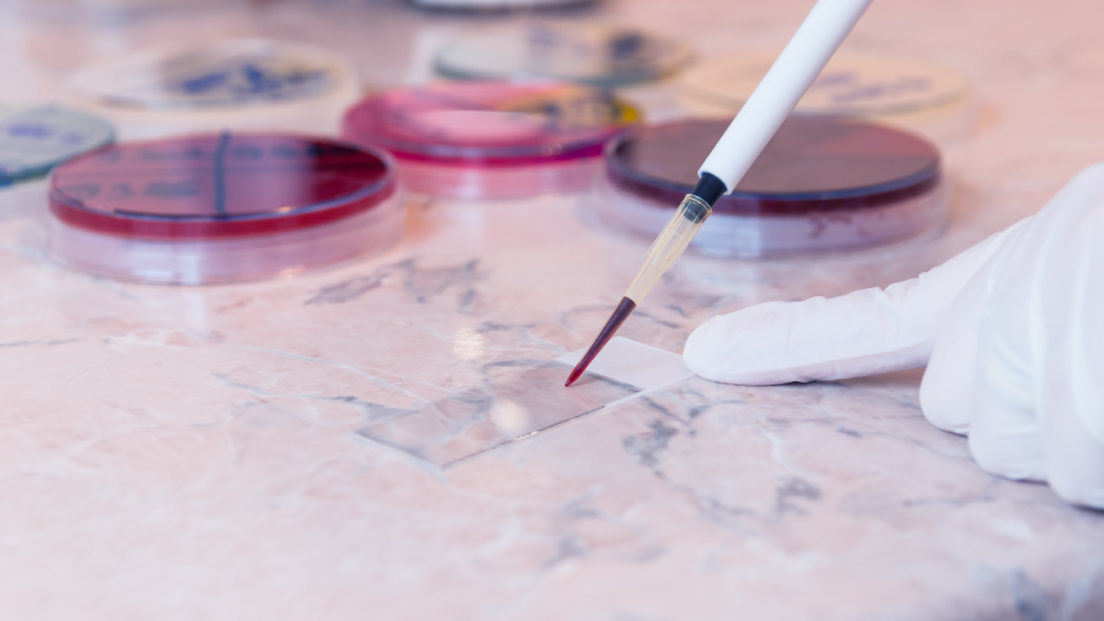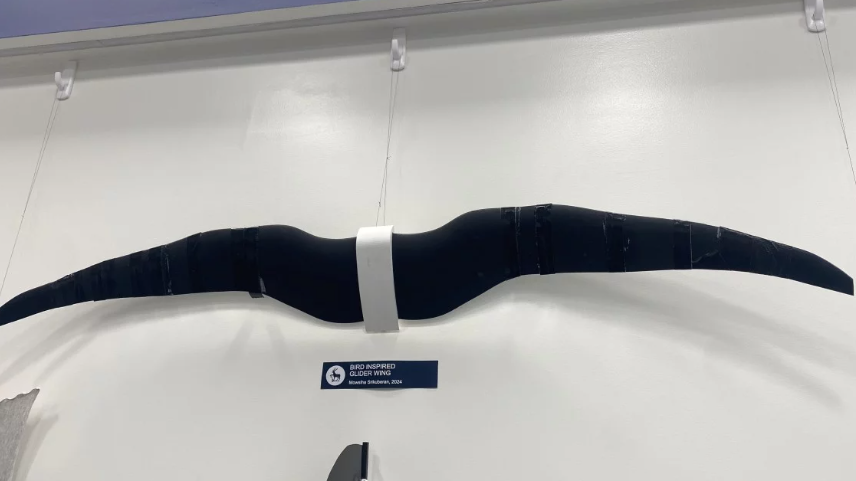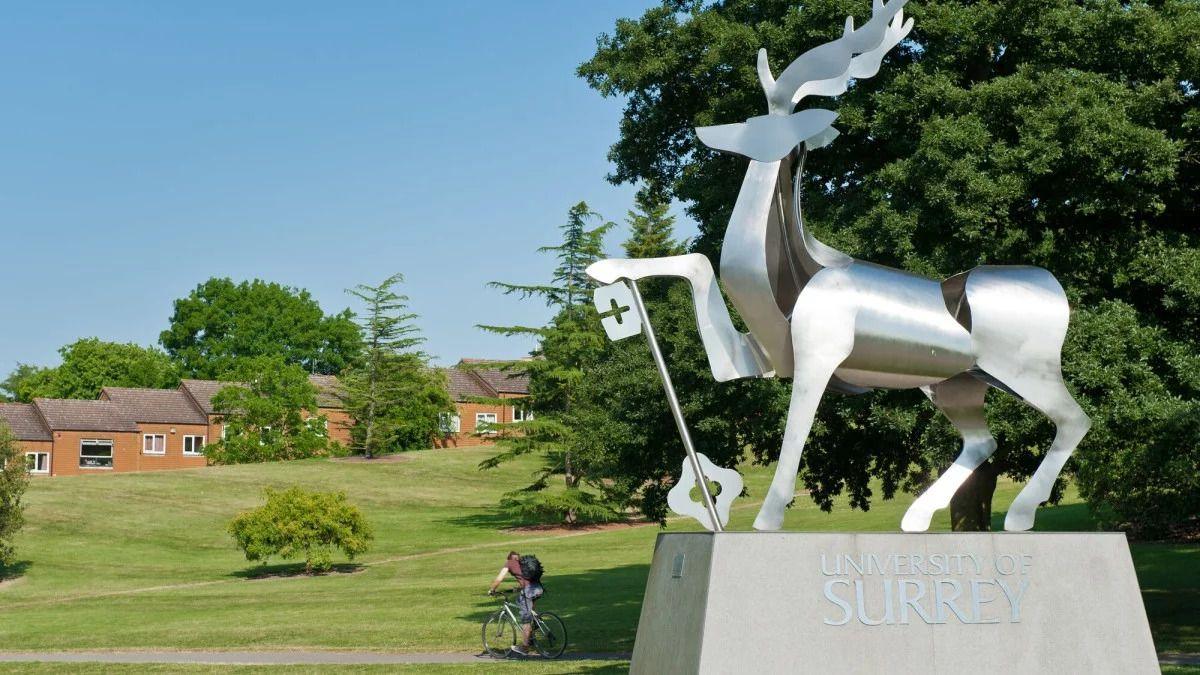Plant compound could fight aggressive leukaemia

A compound found in a tropical plant could help tackle an aggressive form of leukaemia, researchers at the University of Surrey say
- Published
A compound found in a tropical plant could help to fight an aggressive form of leukaemia and make chemotherapy more effective, a study has found.
Researchers from the University of Surrey say the compound forskolin, found in a plant that grows in Africa and Asia, has a "dual mechanism of action" which fights the blood cancer.
The compound, which is extracted from the woolly Plectranthus plant, has also been found to improve conventional chemotherapy by blocking a protein which allows cancer cells to resist the treatment.
Dr Maria Teresa Esposito, a biochemistry lecturer involved in the study, said the discovery "could lead to a more effective treatment strategy" for patients with the cancer.
Dr Esposito added that using the compound could allow for lower doses of chemotherapy to be used, reducing the side effects of acute myeloid leukaemia (AML) treatments.
The study, published in the British Journal of Pharmacology on 20 August, found that forskolin helped to stop cancer cells fighting back against chemotherapy drugs, allowing more of the drugs to enter leukaemia cells and making the treatment more potent.
The research was undertaken by the University of Surrey in collaboration with researchers from the University of Roehampton, Queen Mary University and University College London.
Dr Simon Ridley, director of research at Leukaemia UK which funded the study, said: "We are committed to funding innovative research and are proud to have supported Dr Esposito's work.
"AML is one of the most aggressive and deadly cancer types, and this study opens the door to kinder, more effective treatments.
"Work like this is essential if we are to achieve our goal of doubling the five-year survival rate for AML within the next decade."
Follow BBC Surrey on Facebook, external, on X, external, and on Instagram, external. Send your story ideas to southeasttoday@bbc.co.uk, external or WhatsApp us on 08081 002250.
Related topics
- Published25 August

- Published18 June
